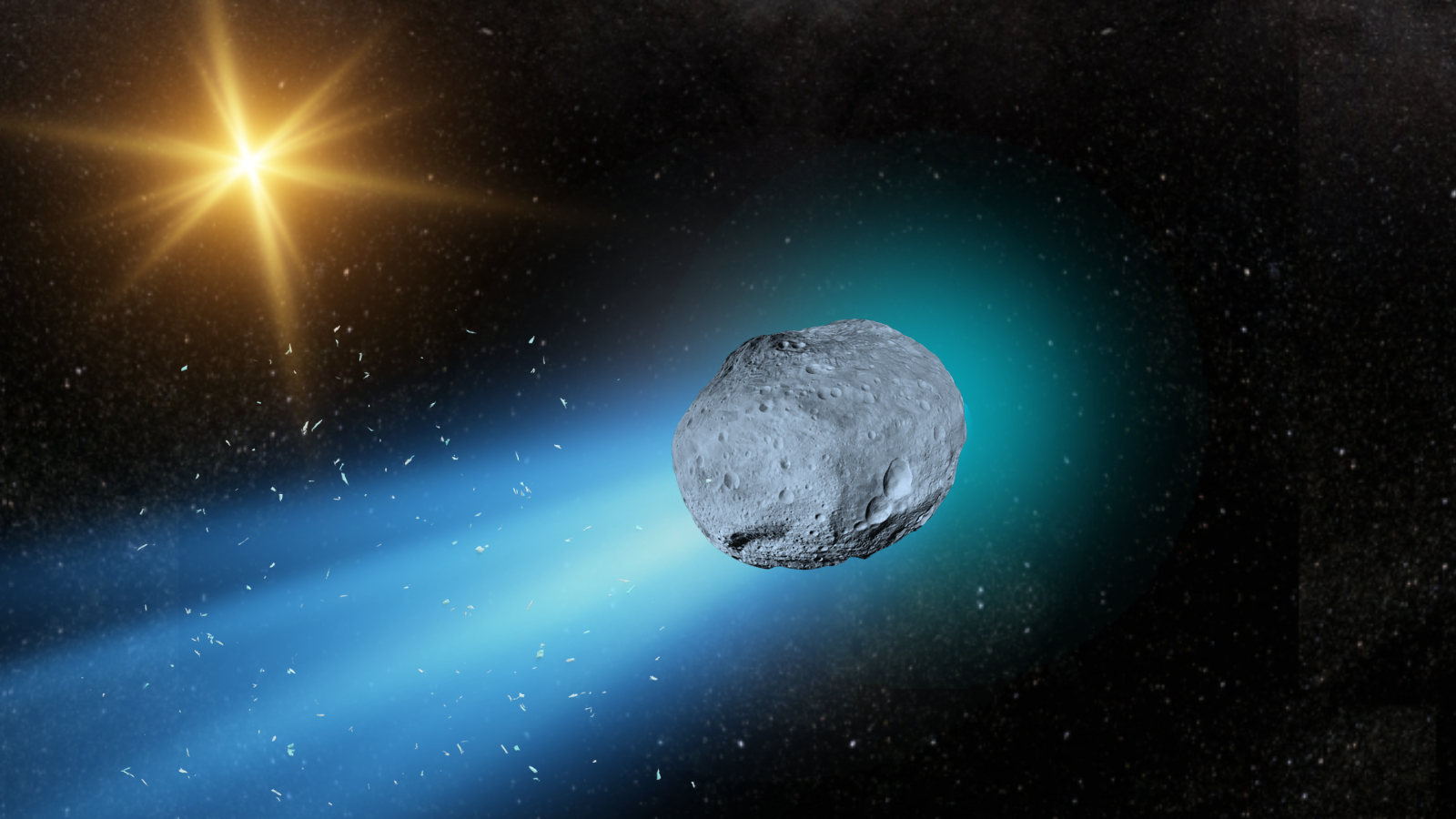Key Takeaways
- Observations confirm comet 3I/Atlas is a natural interstellar object, not an alien craft.
- South African astronomers detected its first radio signal, matching known cometary activity.
- Scientists say this discovery strengthens our understanding of interstellar visitors.
A Cosmic Mystery Meets Science
For weeks, comet 3I/Atlas has dominated social media feeds and talk shows, igniting debates about its mysterious origin. From Reddit theories to discussions on Joe Rogan’s podcast, speculation ranged from alien probes to hidden interstellar technology.
But now, astronomers have compelling new evidence that 3I/Atlas is exactly what science first suggested—a natural comet traveling through our solar system. The latest observations, made from a South African observatory, detected a radio signal consistent with outgassing, the process by which comets release gas and dust as they heat up near the Sun.
Radio Signals Confirm a Natural Source
The detection marks a breakthrough in the study of interstellar comets, following earlier discoveries like ‘Oumuamua (1I/2017 U1) and Borisov (2I/2019 Q4). Unlike those previous visitors, 3I/Atlas’ signal offers direct evidence of volatile activity—a telltale sign of a cometary body rather than artificial machinery.
“Radio emissions from 3I/Atlas align perfectly with what we expect from water molecules and organic compounds evaporating from a comet’s nucleus,” said Dr. Lindiwe Nkosi of the South African Astronomical Observatory. “It’s a natural interstellar object, and the data are unambiguous.”
This signal, captured across several frequencies, helps confirm that the comet’s behavior follows predictable physical models, strengthening the argument that 3I/Atlas is of natural, cosmic origin.
Why the Debate Was So Intense
Public fascination with interstellar objects has only grown since the discovery of ‘Oumuamua in 2017, whose unusual acceleration and shape sparked years of alien origin theories. 3I/Atlas, arriving at a time of heightened online speculation, became the latest target of those narratives.
Influencers and podcasters fueled the fire, questioning whether governments or space agencies were withholding information. Yet scientists stress that the data has been transparent from the start. “This isn’t about secrecy—it’s about analysis,” noted Dr. Nkosi. “Astronomy takes time, and extraordinary claims require extraordinary evidence.”
The South African findings now serve as a scientific counterweight to conspiracy chatter, showing how empirical data can cut through misinformation and restore focus on discovery.
Understanding Interstellar Visitors
Comets like 3I/Atlas are more than cosmic curiosities—they’re windows into other solar systems. Each interstellar visitor carries unique chemical signatures that tell stories about the environments where they formed billions of years ago.
By studying 3I/Atlas, astronomers hope to better understand how materials travel between star systems, and whether the building blocks of life are more common across the galaxy than once believed.
“This is a reminder that our solar system isn’t isolated,” said astrophysicist Dr. Elaine Wu. “Objects like 3I/Atlas connect us to the broader narrative of the Milky Way’s evolution.”
The Science Wins—Again
With the confirmation of comet 3I/Atlas’s natural origin, the scientific community has reaffirmed its commitment to data-driven exploration over speculation. While conspiracy theories make for viral content, it’s evidence like this that expands human knowledge.
As astronomers continue tracking the comet’s trajectory, the focus now shifts to what its chemical composition can reveal about interstellar chemistry and the early universe.
In the end, 3I/Atlas serves as both a scientific triumph and a cultural reflection—showing how our curiosity about the unknown can drift between imagination and investigation. This time, the data prevailed.
Disclaimer: The information in this article is for general purposes only and does not constitute financial advice. The author’s views are personal and may not reflect the views of GameDegen.com. Before making any investment decisions, you should always conduct your own research. GameDegen.com is not responsible for any financial losses.




